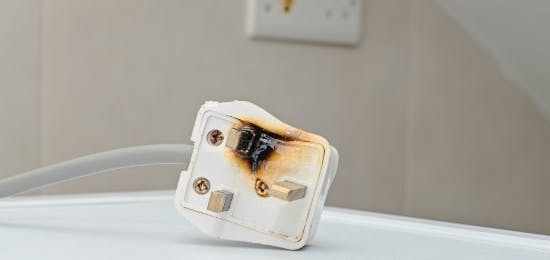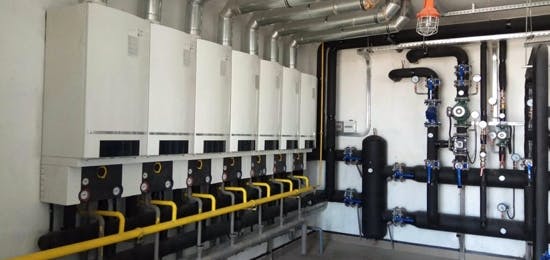Background
Clear was invited by a long-standing housing association client to review the Electrical Installation Condition Reports (EICRs) pertaining to six large apartment blocks (each containing over 200 properties) which provided housing for doctors, nurses and hospital workers. EICRs are designed to identify any damage, deterioration, defects and / or conditions which may represent a safety concerns, alongside other observations where remedial works are recommended.
Reason for contacting Clear
Clear has been retained by the housing association for a number of years and was therefore a natural first port of call to undertake the review, which required an independent and unbiased audit of the recommendations originally put forward - and an evaluation of any subsequent works that had been undertaken in response to the EICRs.
Problems/issues identified by Clear
Clear identified that the original EICRs that had been carried out across all of the blocks were signicantly below standard. The team’s findings revealed that:
- Specific distribution boards had not been tested in line with current British Standards recommendations - BS7671
- Worryingly, C1 (indicating the presence of an immediately dangerous situation) and C2 (indicating a potentially dangerous situation) faults and observations had not been correctly identified and subsequentally, essential remedial work had not been carried out.
The Clear response
Having made the client aware of the above non-compliances, Clear recommended that the full electrical system was re-tested to ensure the appropriate electrical safety standards were met in addition to the delivery of an accurate schedule of remedial works.
Clear then undertook the necessary checks to identify a suitably competent and qualified contractor to undertake the required testing, working to a comprehensive specification provided by Clear.
Once all the testing was completed to the correct standard, the proposed remedial actions and associated budgets were approved by Clear prior to the contractor commencing the agreed works. Although the focus of the assignment was to ensure quality control and adherence to the highest standard of safety, Clear also worked hard to minimise the financial outlay for the client via diligent financial oversight.
Clear assumed responsibility for overseeing the entire project from testing through to the satisfactory rectification of any non-compliance issues. Given that the timing of the initiative coincided with the rollout of national Covid restrictions – and that the sites represented the accommodation for key medical workers - navigating a safe and Covid-compliant response represented an additional range of complexities. Although the original programme was estimated to take 12-months, the pandemic dicated that these works spanned an 18-month period.
Post completion, the Clear team also completed a full inspection of all the various sites, to ensure all regulations, standards and best practice had been adhered to, including validation of all EICRs and other supporting documentation.
End result
The satisfactory completion of the EICRs to the appropriate standard is in line with the client’s commitment to upholding the highest standard of safety for its residents.
A failure to respond to the C1 and C2s could have resulted in a serious accident or possibly, risk to life.
While safety and compliance are the housing associations’s overriding priorities, had these issues not been dealt with the ensuing potential for an accident would have seriously compromised the company’s reputation.






